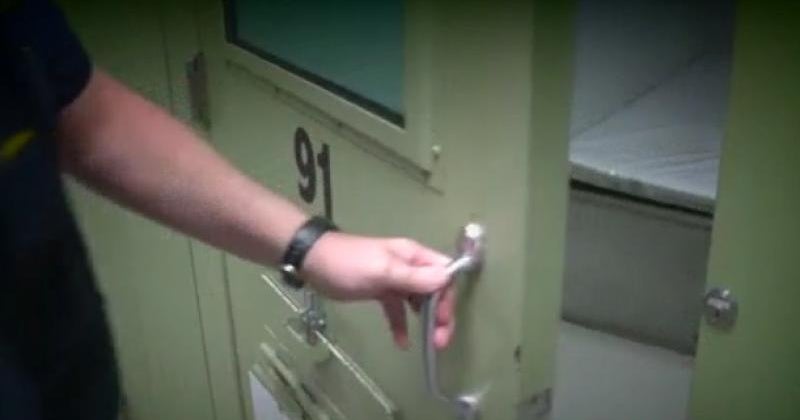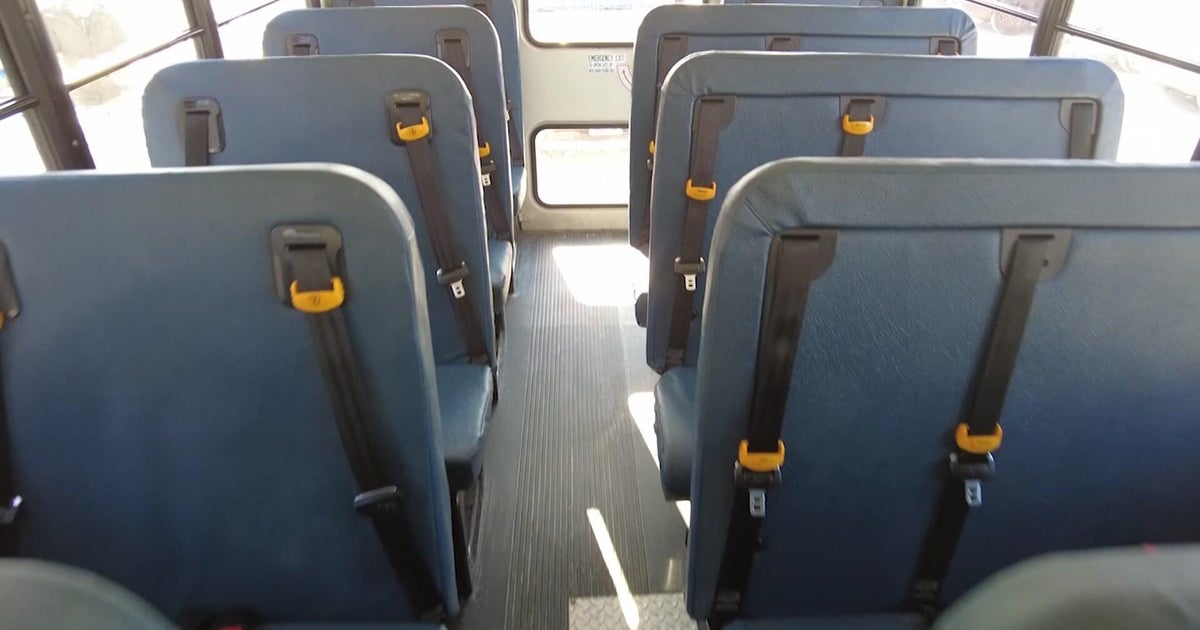'Not in the normal conditions': Sen. Duckworth wants to change how airlines downsize seats, evacuation plans
CHICAGO (CBS) -- Airlines have been downsizing their seats for years which led the Federal Aviation Administration (FAA) to set new standards, to ensure passengers can evacuate a plane in 90 seconds or less.
But that testing has been widely criticized for not taking people with disabilities into account. CBS Correspondent Kris Van Cleave reports Illinois U.S. Sen. Tammy Duckworth is looking to make changes.
In a simulated cabin that can be filled with smoke and plunged into darkness, the FAA tested the safe size of airline seats and how passengers can get out in 90 seconds or less.
While the volunteer passengers in the simulated evacuations had varying seat sizes, they did not have to deal with real-life obstacles like smoke, the dark, or even luggage. And they were in groups of 60, nowhere near a full plane load.
In 2019, the FAA explained, "We are going to try to minimize the variables to the ones that are important for this particular test," said Stacey Zinke-McKee of the FAA.
Airplane seat width is already down as much as 4 inches over the last 30 years, to as little as 16 inches wide. And seat pitch, the distance between rows, has shrunk from about 35 inches to 31 inches and in some cases as little as 28 inches.
That's allowing airlines to add more seats. The FAA found "seat size and spacing did not adversely affect the success of emergency evacuations."
But, because all participants were able bodied adults under 60, then-FAA Administrator Steve Dickson acknowledged the results are "useful" but "not necessarily definitive."
"On our flight, it took over three minutes to evacuate everyone partly because the airplane was filling up rapidly with water from back to front," said famed "Miracle on the Hudson" Captain "Sully" Sullenberger. "But also because it was real life and we had a full aircraft."
Six Democratic U.S. senators recently urged the FAA to reconsider its findings, saying not accurately reflecting the flying public is one of its "most glaring flaws."
When asked if she could get off an airplane in 90 seconds, Duckworth said, "not in the normal conditions that I that I normally travel in."
Duckworth, who lost both legs while serving in Iraq, is now proposing legislation requiring a new FAA seat size study looking at how real life conditions including children, seniors and the disabled as well as the presence carry-on bags impacts evacuation times.
"When you're testing with are not real world conditions, then that gets me worried," she said. "Airlines are traveling now with just about every seat filled. You can't just practice evacuating an aircraft that is only 30% full because that's not the way commercial aviation looks today."
The FAA said it is going through more than 26,000 public comments about airline seats, but it followed guidelines in its testing laid out by congress.
The airlines said safety is their top priority and they will continue to work with the FAA.







